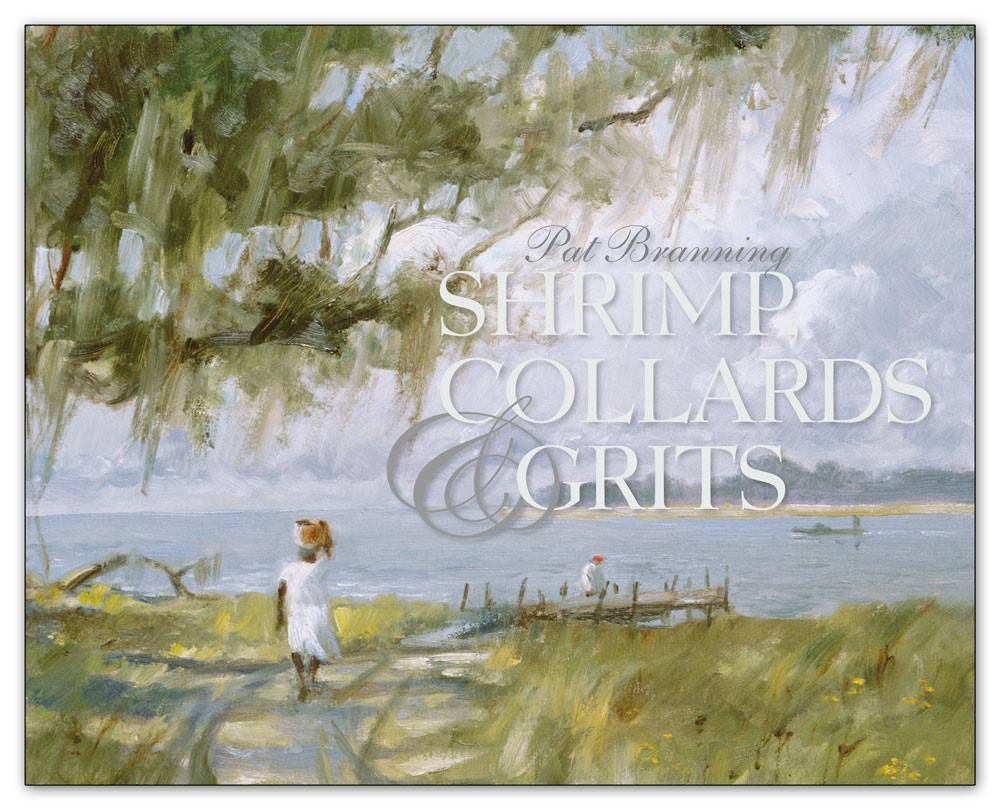Once Upon a Time
It all began by telling you a sliver of my life.

“I never really knew myself until I wrote my story.”
A student said these words to me at the end of a class I was teaching at USC Beaufort last summer. What a profound revelation! As I prepare to lead another series of Legacy Writing classes this month for some residents of Habersham, his words still echo in my mind.
The only thing I love more than writing is teaching.
This time, I’ve designed the course as a Memoir Master Class—open to writers of all ages and all levels of experience. Together, we’ll focus on memoir, not autobiography. A memoir isn’t the whole story of your life—it’s a meaningful slice, told with honesty and heart. The goal is to write with depth, clarity, and courage, and to discover the full measure of the writer’s heart.
When I first sat down to write my story, I had to teach myself how to begin. I leaned on the voices of those who came before me—the authors who shaped me with their words. William Faulkner was the master of Southern literature. Tennessee Williams captured the complexity of the human heart; Maya Angelou, whose voice rings with truth and resilience. Rick Bragg, with his gritty, soulful storytelling in It’s All Over But the Shoutin’.
I remember, too, the humor and sharp wit of Lewis Grizzard. When I was a young journalist in Atlanta, I devoured every column he wrote for the Atlanta Journal-Constitution. From him, I learned to love the rhythm of words and how writing can ignite a lifelong passion. And, of course, there is our beloved Pat Conroy. Pat taught me that great writing isn’t safe—it must stir your blood. He once said:
“The safe writers have never interested me; they do not excite a single shiver of curiosity within me. I can read five pages and know I am in the hands of a writer whose feet are yawning and cunningly placed on safe ground. Safety is a crime writers should never commit. Your story should rise like a lion lifting at the smell of an antelope.”
That is the challenge of memoir—to rise boldly, to resist the safe path, and to tell the truth of your life in a way that matters.
A good memoir doesn’t try to cover everything. Instead, it captures one period, one turning point, or one lesson that changed you. It’s not a list of achievements—it’s a window into transformation. Ask yourself: What happened? How did it shape me? What did I learn? And then, write as if you’re telling your closest friend. When you write from the heart, your reader will care.
And here’s the key: a memoir isn’t just about you. It’s about what your story gives to others. If it only recounts your accomplishments, it will stay small, meaningful only to family and friends. But if it reveals truth, struggle, humor, or healing, it becomes a gift—something your reader can hold onto. It’s about the inner story that lives with the bigger, outer story.
Through the sacred act of writing, we can step back into our lives, touch a memory, and rescue it from being lost. Every story is a kind of rescue. Think about it: our stories don’t really belong to us alone. They are written into us by God, and we are appointed to share them.
After all, once upon a time—those four simple words—are the beginning of every journey. Stories connect us, bind us, and help us make sense of who we are. And writing your memoir is the brave choice to be seen, to be known. In the end, you are not writing for yourself—you are writing for your reader. It is not the answer that enlightens but the question. Write what you know. Your past is your biggest asset. But we dismiss our past as being irrelevant. Remember, the traces of your past shape the narrative of your future.
Sharing your story is an act of vulnerability. It requires allowing yourself to be seen. With the vulnerability comes power.
Only YOU can write your story.
If you want to know more about my classes, message me pat@patbranning.com.
Thank you for stopping by. xoxo Pat

